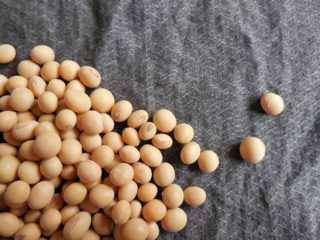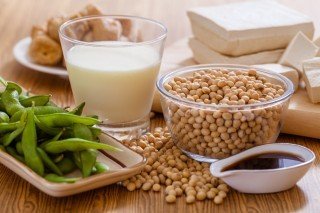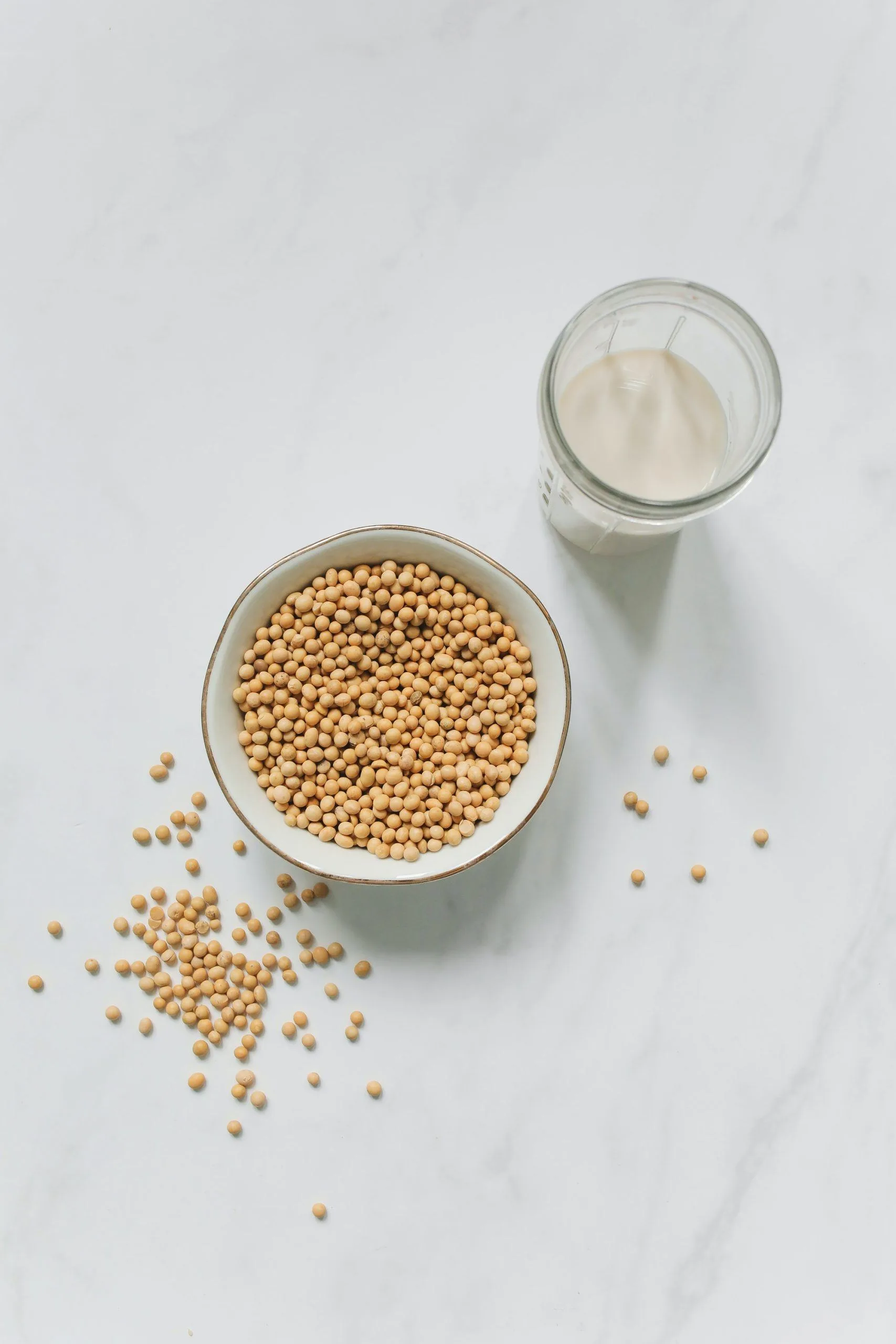With all the buzz around the planet, we’re all trying to make changes. Many scientists believe that switching to a plant-based diet could aid in the fight against climate change. However, sometimes, things aren’t as simple as they seem to be or as we’d like them to be. Many plant-based alternatives are made using soy. And soy is incredibly controversial. Whilst some dieticians and experts praise it for being rich in nutrients. Others aren’t so keen on it and claim that a diet rich in soy simply isn’t a good idea. There have been claims of a diet heavy in soy causing thyroid damage, cancer and even disrupting hormones. But are any of these claims true? Is it as dangerous for us as some studies would have us believe?
What is soy?
 Soy as a component of plant-based meat alternatives comes from soybeans. Soybeans are a rich source of protein. They’re also a great source of “plant fats, fiber, and several important vitamins, and minerals”. Soybeans themselves are also rich in antioxidants called polyphenols. These are known to be incredibly good for the body and aid in protecting against cell damage and heart disease.
Soy as a component of plant-based meat alternatives comes from soybeans. Soybeans are a rich source of protein. They’re also a great source of “plant fats, fiber, and several important vitamins, and minerals”. Soybeans themselves are also rich in antioxidants called polyphenols. These are known to be incredibly good for the body and aid in protecting against cell damage and heart disease.
One of the subclasses of polyphenols called isoflavones is of particular interest when it comes to the possible health benefits of soy. These isoflavones “attach to and activate estrogen receptors in your body”. These isoflavones also seem to be able to mimic estrogen. Often, the foods we think of as ‘classic health foods’ are derived from or even entirely made from soy. These include tofu, soy milk, and tempeh all of which we tend to think of as healthy and good for us.
Why did it become so popular anyway?
According to Good Housekeeping, soy first became a popular part of the western diet in the 90s. Experts saw soy as a miracle food and believed that it might even be able to fight obesity, heart disease, and cancer. This was mostly due to the fact that people in Asia tend to eat a lot of soy and soy-based foods. Asian people are generally much healthier, with significantly lower rates of obesity and heart disease than those in the USA. This led experts to believe that the missing link and obvious miracle food was soy.
One of the problems with those particular studies is that they were focused on association rather than causation. There was no actual proof that it was the reason behind the Asian population’s health. Experts in the 90s failed to look at other factors such as genetics, lifestyle, and of course, other aspects of the diet. When scientists and researchers finally began looking a little more deeply into soy, they found that it might not be as good for us as they had first thought.
Bad or just over-processed?
Remember those estrogen-like compounds? Well, some findings suggest that those compounds are extremely problematic and cause for concern despite being antioxidants. Some research suggested that these isoflavones could promote the growth of cancer cells and negatively affect female fertility. Another issue, they appeared to cause problems with the thyroid. Some experts go as far as to say that soy is an “endocrine disruptor”. This may sound complicated but simply means that, since it can mimic estrogen, it could cause hormone overload.

naito29/shutterstock
However, despite the fact that we are well past the 90s and have done a lot more research, experts still can’t seem to agree. Thus, there is still a lot of debate surrounding it. Part of the problem seems to be that vegetarians and vegans are forced to rely heavily on soy-based foods. This means that the consumption of soy is perhaps higher than it should be. They also tend to eat meat alternatives which are, unfortunately, mostly heavily processed.
However, Jaclyn London, MS, RD, CDN explains that we need to look at things in context. Whilst there have been studies that have shown soy-based foods to be inflammatory, these are all relatively small and perhaps misguiding. As with many other foods we eat today, many meat alternatives are highly processed and, thus, not very good for us. It seems that ultimately, the issue with soy products is, as with many of the other foods we consume, the processing it goes through rather than the base food itself.
It’s actually good for you?
Somewhat problematically, some experts were begging consumers to avoid soy due to the possibility of thyroid issues, inflammation, and hormone overload. Others, due to contrary findings, were hailing it as the best thing you could possibly be eating. Some research suggested that, in fact, it had many benefits and might even be able to cure high cholesterol. Unfortunately, as with many things, it just isn’t cut and dry. Soybeans themselves are highly nutritious. Jaclyn London, MS, RD, CDN told Good Housekeeping that soy-based foods are some of the best foods you could possibly eat.
As with many things in this day and age, the issue seems to be with the processing. Soybeans are high in fiber and are a great source of protein. They are also great for leaving you feeling satisfied for longer after eating. Soy protein, unlike some other plant proteins, is considered a complete protein. That simply means that it contains all nine essential amino acids. These are the amino acids that are necessary for life but cannot be produced by the body meaning that they have to come from outside sources, in most cases, food.
Hugely beneficial, as long as it isn’t highly processed
Somewhat ironically, soy is now linked to a decrease in the risk of certain cancers. Previously, many experts had labeled it as cancer-causing and this was a major reason why we were all told to stay away from it. Recent studies, however, have found that unprocessed soy is actually great for the body and could even offer some protection against a multitude of cancers. This includes breast cancer, gastrointestinal cancers, and even prostate cancer.

Photo by Ecrin from Pexels
However, having said that, this doesn’t mean that when you see soy on a label, you should immediately trust it as a healthy option. Many cereals, protein bars, and other snack foods contain soy. However, this is a processed form called soy protein isolates. These contain much higher levels of these problematic isoflavones, which, when consumed in large quantities, can disrupt the endocrine system and cause problems.
So, what’s the deal with soy?
Ultimately, as with all the food we eat, the less processed, the better. You want what you’re eating to be as close to its natural form as possible. It seems that if you want to include soy as part of your diet, it should be fine. In fact, unprocessed soy is likely hugely beneficial for you. As with all foods, stay away from heavily processed foods. It doesn’t matter what your diet is, the less processed, the better.
References
https://www.goodhousekeeping.com/health/diet-nutrition/a20707020/is-soy-good-or-bad-for-you/
https://www.healthline.com/nutrition/is-soy-bad-for-you#benefits



![women [longevity live]](https://longevitylive.com/wp-content/uploads/2020/01/photo-of-women-walking-down-the-street-1116984-100x100.jpg)










